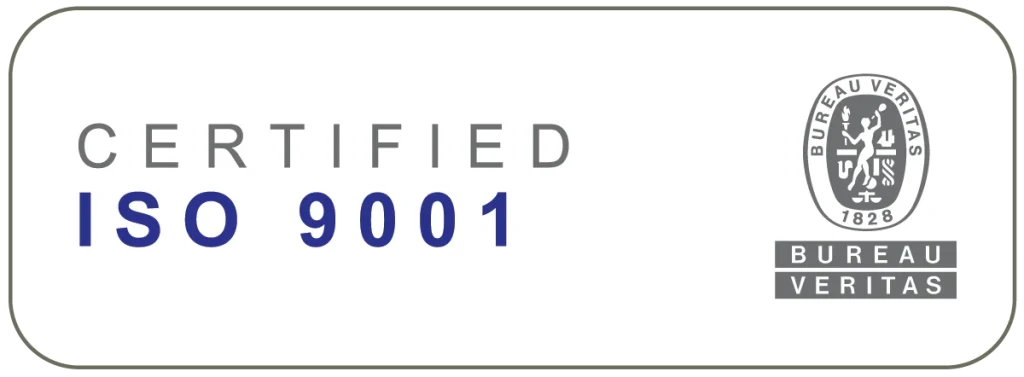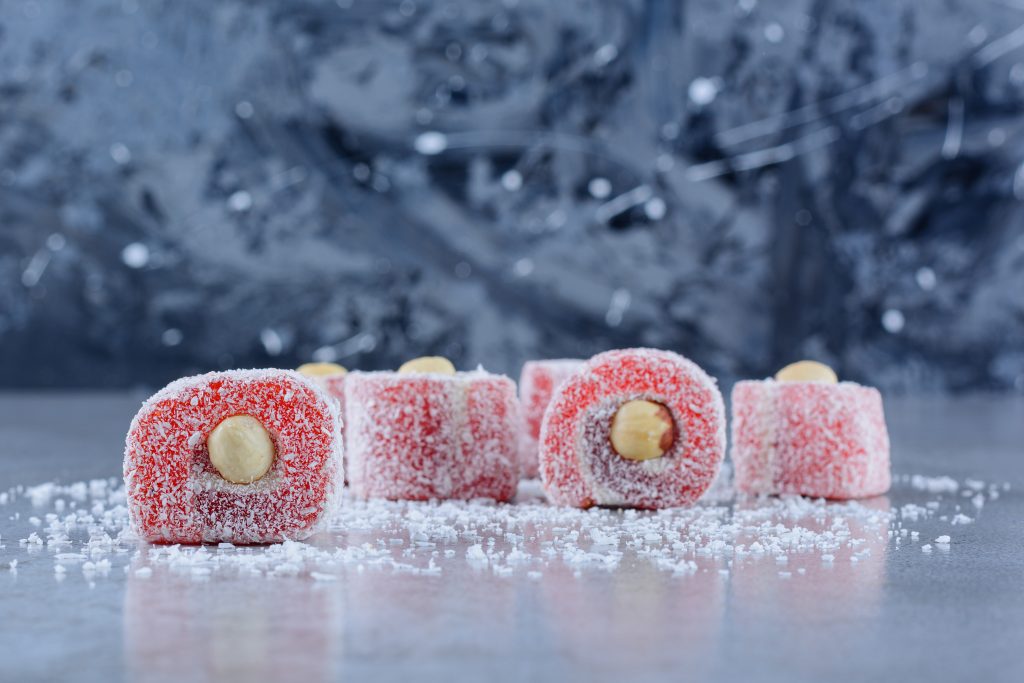Principles of freezing:
Cool before freezing: Freezing food while still hot, will increase the temperature of the freezer and could defrost nearby items.
Refreeze (only) if you are cooking it in between: When food is thawed, bacteria can multiply quickly, particularly at room temperature. If weput it back in the freezer, the bacteria will survive and reach harmful levels on second thawing. However, if the food is cooked in between thawing, it’s safe as the bacteria is killed during cooking process.
Wrapping: Wrap foods properly or store in sealed containers, to protect from freezer-burn.
Portion control: Freeze food in realistically sized portions. Throw it out(if in doubt): Freezing does not kill bacteria. If unsure of how long the food has been kept in the freezer or if it is looking off once defrosted, don’t take any chances.
Stay fresh: Freezing certainly won’t improve the quality of food. Do not freeze old food and waste it. The point of freezing is to keep food at its prime.
Friendly labels: Don’t try to remember, just label all the items to ensure the contents are clearly identifiable. And always add the date it was frozen. Defrosting is a must: An icy freezer is an inefficient one, so make sure to defrost the same if ice builds up. Don’t worry about the food; most things will remain frozen in the fridge for a couple of hours while the freezer defrosts.
In an emergency: If there has been a power cut or the freezer has been turned off at some point, don’t open the door. Foods will remain frozen in the freezer for about 24 hours, giving us time to get to the bottom of the problem.
Refreeze (only) if you are cooking it in between: When food is thawed, bacteria can multiply quickly, particularly at room temperature. If weput it back in the freezer, the bacteria will survive and reach harmful levels on second thawing. However, if the food is cooked in between thawing, it’s safe as the bacteria is killed during cooking process.
Wrapping: Wrap foods properly or store in sealed containers, to protect from freezer-burn.
Portion control: Freeze food in realistically sized portions. Throw it out(if in doubt): Freezing does not kill bacteria. If unsure of how long the food has been kept in the freezer or if it is looking off once defrosted, don’t take any chances.
Stay fresh: Freezing certainly won’t improve the quality of food. Do not freeze old food and waste it. The point of freezing is to keep food at its prime.
Friendly labels: Don’t try to remember, just label all the items to ensure the contents are clearly identifiable. And always add the date it was frozen. Defrosting is a must: An icy freezer is an inefficient one, so make sure to defrost the same if ice builds up. Don’t worry about the food; most things will remain frozen in the fridge for a couple of hours while the freezer defrosts.
In an emergency: If there has been a power cut or the freezer has been turned off at some point, don’t open the door. Foods will remain frozen in the freezer for about 24 hours, giving us time to get to the bottom of the problem.
Do NOT freeze:
- Hard-boiled eggs go rubbery.
- Vegetables with a high-water content, such as lettuce, cucumber, bean sprouts and radishes, go limp and mushy.
- Soft herbs, like parsley, basil and chives are fine for adding in dishes but won’t be good for garnishes.
- Egg-based sauces, such as mayonnaise, will separate and curdle.
Good to freeze:
- Butter and margarine can be frozen for 3 months.
- Grated cheese can be frozen for up to 4 months and used straight from the freezer.
- Most bread, except crusty varieties such as French bread, will freezewell for up to 3 months. Sliced bread can be toasted from frozen.
- Milk will freeze for 1 month. Defrost in the fridge and shake well before using.
- Raw pastry will freeze for 6 months and takes just 1 hour to thaw.
- Yogurt and cream can be frozen but will need a good stir once defrosted.
- Eggs can be frozen raw if they are removed from their shells. Freeze them separated into yolks and whites or whole.
- Stock. This can be frozen in batches either in cubes or flat in freezer bags.


